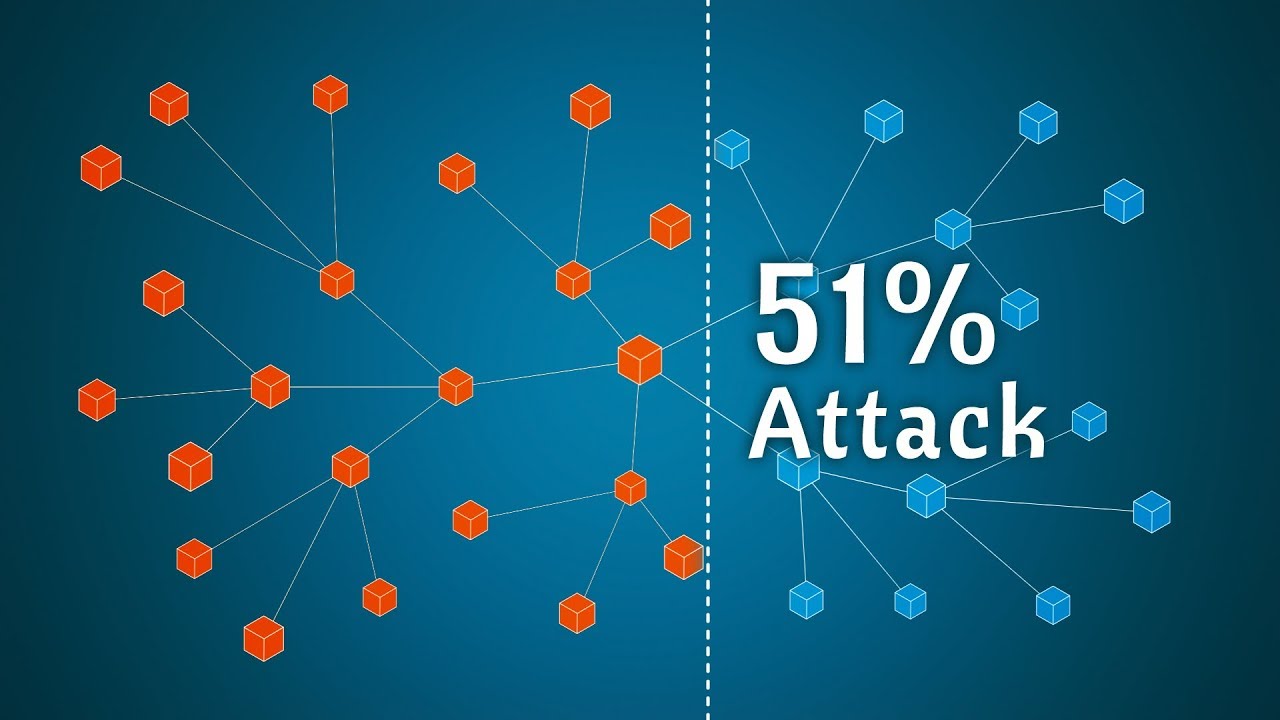
With activity such as the Bitcoin Gold and Verge hacks, investors are getting increasingly concerned about the difficulty it takes to perform such an attack. The number one question which needs to be asked is ‘how much do these hacks cost?’ As blockchain hacks seem to be a rare occurrence, there is an expectation that the cost is high, but it depends on which cryptocurrencies you are looking at.
Statistics from the website 51Crypto reveal the cost it takes to perform a 51% attack on specific cryptocurrencies. 51% attacks occur when a malicious party takes control of over 50% of a network’s power, which then enables them to damage the blockchain through double spends and creating forked chains. Both the Verge and Bitcoin Gold hacks were 51% attacks.
The website only focuses on Proof-of-Work coins, but Proof-of-Stake coins are also subject to these types of attacks. The website also does not factor in the cost of equipment or electricity when calculating its figures.
The site reaches its figures by the following method: “Using the prices NiceHash lists for different algorithms we are able to calculate how much it would cost to rent enough hashing power to match the current network hashing power for an hour. Nicehash does not have enough hashing power for most larger coins, so we also calculated what percentage of the needed hashing power is available from Nicehash.”
Which coins are most expensive to attack?
Performing a 51% attack on Bitcoin for just one hour would cost $550,000, and an attack on Ethereum costs $360,000. This makes them the two most expensive cryptocurrencies to perform an attack on. While this still seems like a low number, consider the fact that hackers generally try to achieve 51% attacks for much longer than an hour because they want to maximize profits. Also, consider that the price does not factor in electricity or equipment costs.
Which coins are cheapest to attack?
Several coins listed seem to be very possible to hack. One of which is Bytecoin, as it only costs $557 for a one-hour 51% attack. It costs $778 for a one-hour hack on Bitcoin Private, also making it cheap. Perhaps the most worrying discovery is that Einsteinium can be hacked for just $77 per hour.
How seriously should we take these statistics?
Some are saying that this data is too simplistic and theoretical to be taken seriously. For instance, as mentioned above, it does not factor in equipment costs. On August 1, 2017, Mario Dian worked out his calculations for 51% attacks, where he did include the use of electricity and equipment. Some of his findings are wildly different. Of course, this does not exactly mean 51Crypto is wrong, just that it is using different parameters.
Additionally, make note that 51Crypto does not include difficulty in the costs. For example, while it may cost $550,000 to hack Bitcoin for one hour, you would struggle to find the hashing power. NiceHash only has a 2% of the network— you’d still need 49% more.
What is the solution?
51% attacks are an attack on the decentralization of a coin, so the biggest deterrent is to distribute your blockchain and mining as much as possible. NiceHash only has access to 2% of Bitcoin’s network, so a 51% attack through them is impossible, but GameCredits’ capacity is much higher. The best way to distribute is to limit the sizes of mining pools and increase the numbers of them.
A conversion to the Proof-of-Stake consensus may also help. 51Crypto does not list data for Proof-of-Stake coins, but they allow for higher parameters to be set for 51% attacks. Ethereum’s paper on their CASPER update reveals that the cost of such an attack increases by a factor of three. This means that ‘PoS gives 27x more security than PoW for the same cost’ for Ethereum.